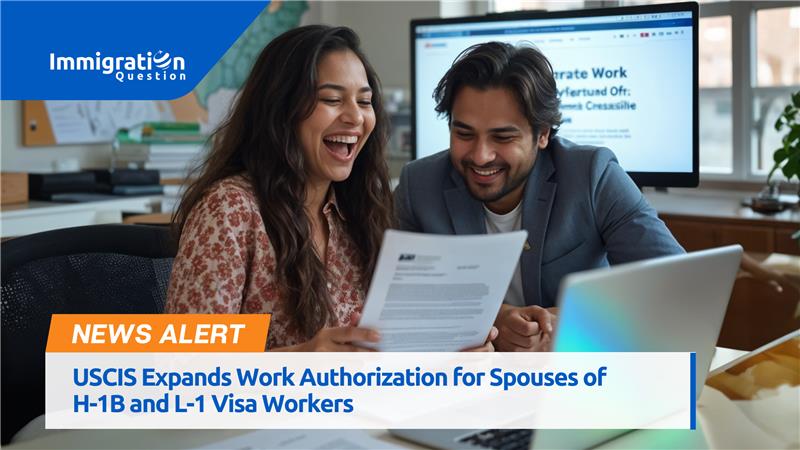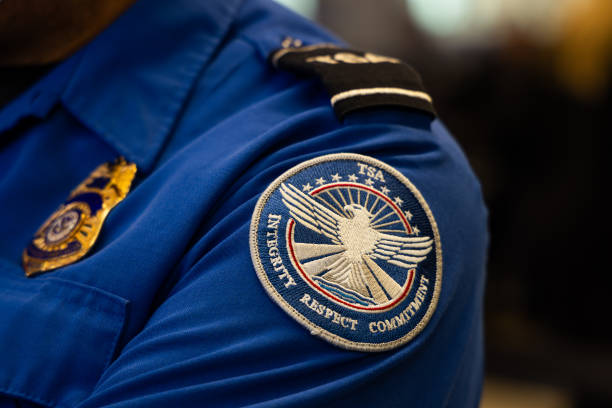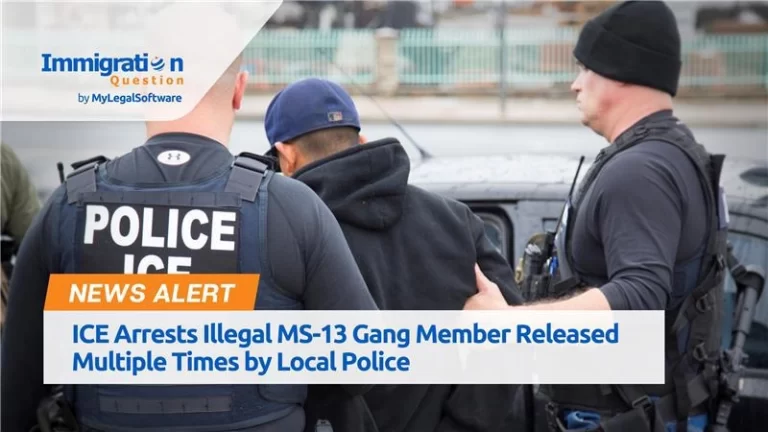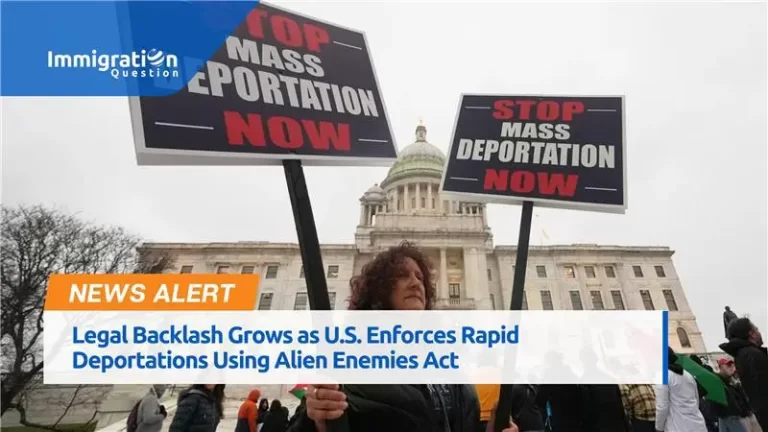USCIS Expands Work Authorization for Spouses of H-1B and L-1 Visa Workers
In a significant policy update, the U.S. Department of Homeland Security (DHS) has announced an extension of the automatic work permit renewal period for spouses of H-1B and L-1 visa holders. Effective January 13, 2025, this extension increases the renewal period from 180 to 540 days to prevent employment disruptions caused by processing delays.
Background
Spouses of H-1B visa holders (H-4 visa) and L-1 visa holders (L-2 visa) are eligible to apply for Employment Authorization Documents (EADs), allowing them to work in the United States. However, processing delays for EAD renewals have led to employment interruptions, affecting the financial stability of many families and causing challenges for employers relying on this skilled workforce.
Who Benefits from the Policy Change?
The primary beneficiaries of this new rule are spouses of H-1B and L-1 visa holders who depend on Employment Authorization Documents (EADs) for legal work in the United States. These individuals fall into two major categories:
- H-4 Visa Holders: Spouses of H-1B workers employed in fields like technology, engineering, and healthcare.
- L-2 Visa Holders: Spouses of L-1 visa holders, typically executives or employees with specialized knowledge working for multinational companies in the U.S.
How Does This Impact Families and Employers?
The extended automatic renewal period transforms the personal and professional lives of those affected. Before this policy, spouses of H-1B and L-1 visa holders often had to pause their careers while waiting for their work permits to be renewed. The 540-day extension ensures continuous employment, allowing individuals to maintain their career progression and financial security.
Dual-income households are ordinary among these families, with spouses contributing to high living expenses such as housing, childcare, and healthcare. This policy protects families from sudden income loss, offering much-needed financial relief and emotional stability.
Employers, particularly in industries like tech and healthcare, rely heavily on these workers’ specialized skills. The policy minimizes workforce disruptions caused by delayed EAD renewals, helping businesses retain skilled employees and maintain operational stability.
Implications for Employers and the U.S. Economy
The extension is expected to alleviate the administrative burden on employers and reduce the risk of workforce disruptions. By ensuring that spouses of H-1B and L-1 visa holders can maintain continuous employment, the policy supports the retention of skilled labor essential to various industries across the United States.
Conclusion – USCIS Expands Work Authorization Spouses of H1b & L1B Visa
The DHS’s decision to extend the automatic work permit renewal period to 540 days for spouses of H-1B and L-1 visa holders represents a proactive step toward mitigating employment disruptions caused by processing delays. This policy change underscores the U.S. government’s commitment to supporting immigrant families and strengthening the economy by retaining a skilled and diverse workforce.
To stay updated and informed, watch our news section or drop your immigration queries on immigration question and get responses from professional attorneys.










